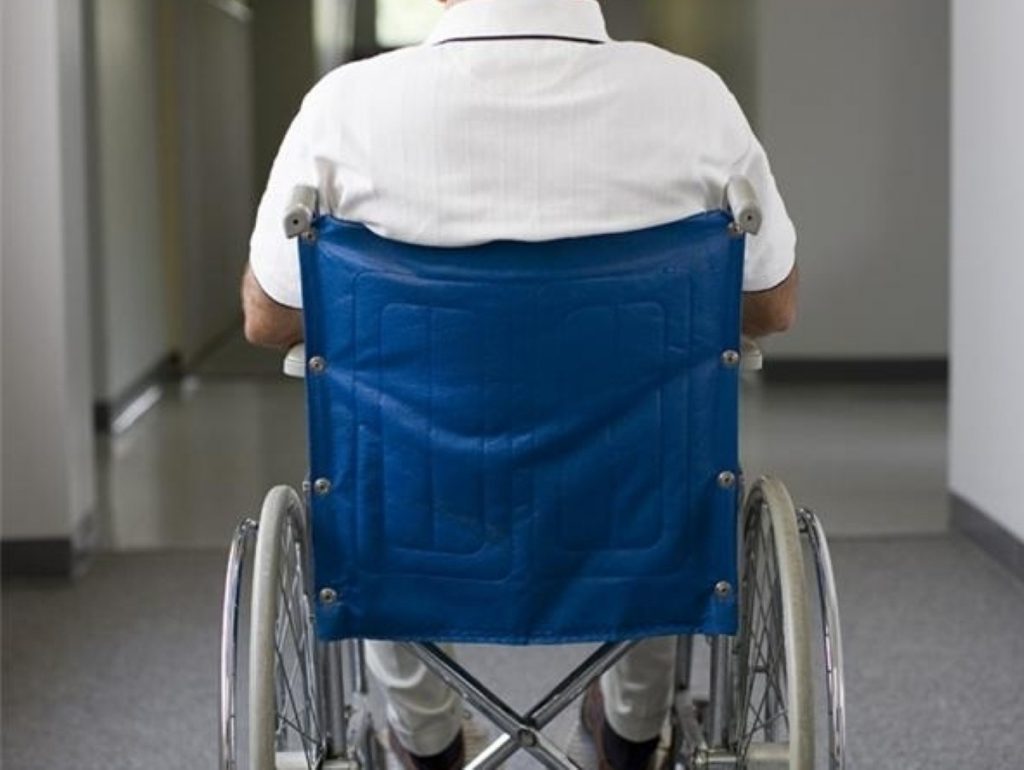Disabled ‘left out in the cold’ after welfare reform
The sick and disabled are being left out in the cold following today’s replacement of incapacity benefit with an employment and support allowance, rights groups have said.
“There is now great concern that claimants will fail to receive the level of employment support promised,” said Kate Green, chief executive of Child Poverty Action group.
“We have not seen sufficient emphasis to encourage employers to open up decent job opportunities whilst the likely recession means fewer jobs for people to move into.”
However, the Department of Work and Pensions said the switch will benefit sick and disabled persons, allowing them to improve their wellbeing, ability, and search for employment.


“In the 1990s people were written off on incapacity benefit with no help to overcome their problems or support to get them into work,” said James Purnell, work and pensions secretary.
“It is even more important during an economic downturn that we increase support for people, not take it away,” he continued.
Under the new system, the applicant will take the work capability assessment after filing a claim to determine the support necessary to get back into the workforce.
The plans are designed to ensure those with the ability to work will have to, rather than living off from benefits.
Those determined to suffer from the most severe of illnesses and disabilities will receive the most monetary backing in the ‘support group’ and all others will be put into a ‘work group’.
Work and pensions secretary Chris Grayling, said: “Only a tiny fraction of the 2.6 million people claiming incapacity benefit are currently getting any kind of back to work support.
“The launch of this new allowance isn’t changing that.”
The goal of the new service is to get one million people off from incapacity benefits by 2015.
“Those unable to work require much higher levels of financial support to maintain
their health,” said Ms Green.
“The government has been relying on the private sector leverage to finance these services, but it is now the public purse that is propping up the banks.
“Rising unemployment makes it harder for disabled workers to access jobs too.”











